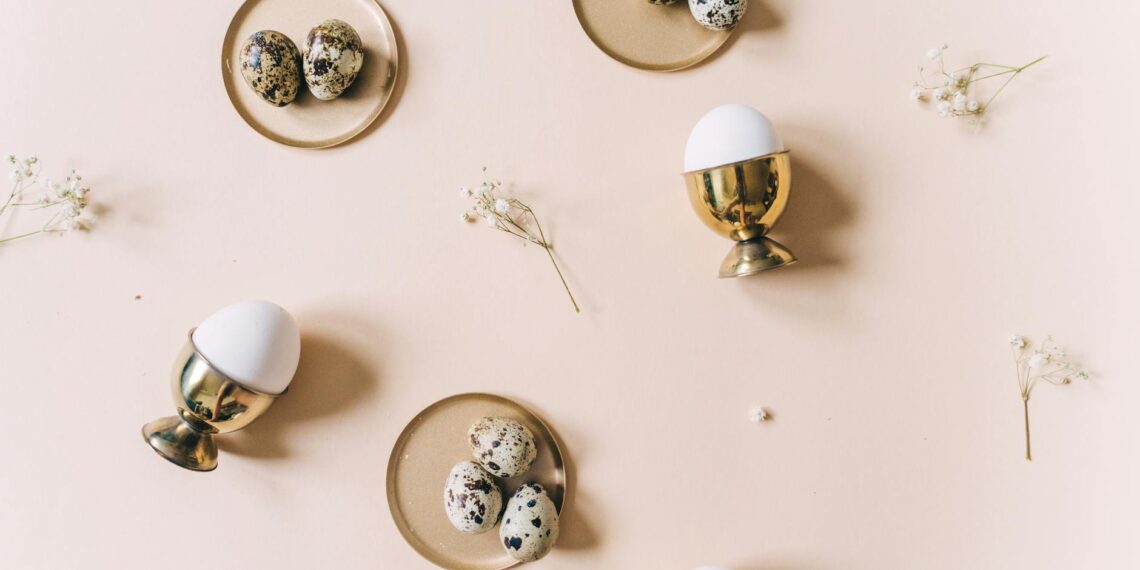If you’re dealing with common copper coins that don’t hold significant collector value, you can gently clean them using a few methods to remove dirt, tarnish, and restore some shine.
- Rinse the coins under running, warm water.
- Submerge the coins in a solution of warm water and a few drops of dish soap.
- Gently rub the coins with your fingers or a soft-bristled toothbrush to remove dirt and grime.
- Rinse thoroughly under running water to remove all soap residue.
- Pat the coins dry gently with a soft, lint-free cloth, then allow them to air dry completely.
- Mix 1/4 cup white vinegar with 1 teaspoon of salt in a small bowl, stirring until the salt dissolves.
- Soak the coins in the solution for about 5 minutes, ensuring they are submerged in a single layer.
- Remove the coins and gently wipe them with a cloth or paper towel to remove tarnish and dark spots.
- Rinse the coins immediately and thoroughly with warm water to remove all vinegar and salt residue, as leaving them can cause further oxidation and green spots.
- Dab the coins dry with a microfiber cloth and allow them to air dry completely.
- Cover the coins with ketchup or another mild acid like tomato paste or brown cola.
- Gently scrub the coins with a soft-bristled toothbrush to work the ketchup into the dirty spots.
- Rinse the coins thoroughly with warm water to remove all ketchup and acid residue.
- Pat the coins dry gently with a soft cloth.
- Avoid cleaning valuable or collectible coins: Many collectors value coins in their original condition, including the natural toning or patina that develops over time. Cleaning valuable coins can significantly reduce their value, as harsh cleaning methods can leave behind scratches and affect the original surfaces.
- Consult with an expert: If you’re unsure whether a coin is valuable or how to clean it safely, consult with a professional coin grader or numismatist before attempting any cleaning methods.
- Gentle approach: If you decide to clean your coins, always use the gentlest method first and avoid abrasive materials or harsh chemicals. Even a soft toothbrush can potentially cause micro-scratches on delicate coin surfaces.
- Test on a less valuable coin first: Before cleaning a coin you care about, test the chosen cleaning method on a less valuable copper coin first to see the effects.
Note: While cleaning can restore some shine to copper coins, it may not perfectly replicate their original appearance. The patina that forms on copper over time is considered desirable by some collectors, and attempting to remove it can detract from a coin’s historical and aesthetic appeal.









Does vinegar damage copper coins?
Acid based cleaners will eat away at a coin’s surface diminishing its value. According to research professor Vinod Patel, washing common coins with natural white vinegar and iodized salt in distilled water is a non destructive way of cleaning them.
Can you clean a coin without devaluing it?
Can you clean a coin without decreasing the value? Yes. A rinse in distilled water, or a soak in isopropyl alcohol, or acetone, or xylene will remove surface dirt or oils without hurting the coin, a long as you do no rubbing on the coin during the rise/soak, or when it is drying.
Why do copper coins turn brown?
Thanks for asking. Copper is a highly reactive metal and binds readily with various compounds in the atmosphere. These reactions are responsible for not only causing the dull brown or pitch black but also the beautiful rainbow tones we often see on copper coins. The colours are so intrinsic of copper coins that grading companies assign.